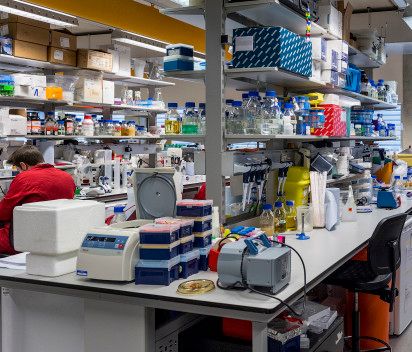BibTex format
@article{Dembek:2015:10.1128/mBio.02383-14,
author = {Dembek, M and Barquist, L and Boinett, CJ and Cain, AK and Mayho, M and Lawley, TD and Fairweather, NF and Fagan, RP},
doi = {10.1128/mBio.02383-14},
journal = {mBio},
title = {High-Throughput Analysis of Gene Essentiality and Sporulation in Clostridium difficile},
url = {http://dx.doi.org/10.1128/mBio.02383-14},
volume = {6},
year = {2015}
}
